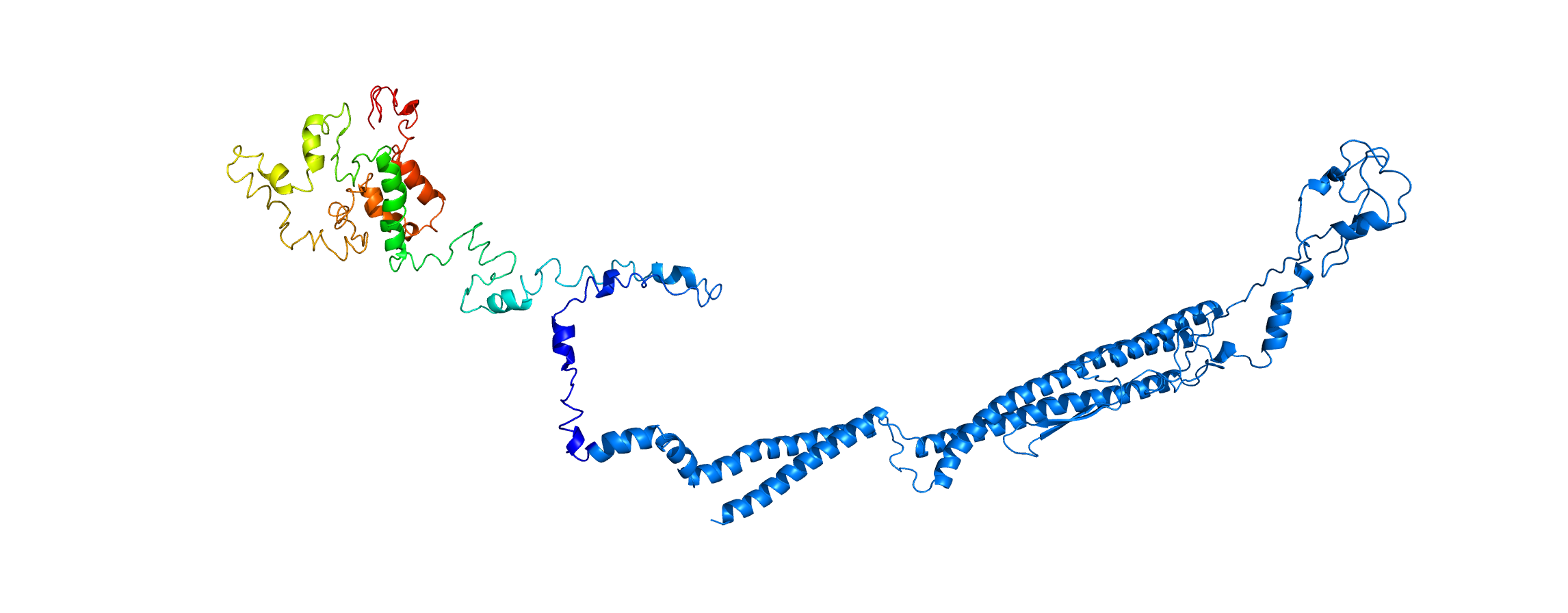New Measles Rubella Vaccine Design Based on Multi Epitope Peptide
[unsoed.ac.id, Fri, 15/10/21] Measles and rubella are diseases caused by viruses and infect children all over the world. In 2010, it is estimated that more than 100,000 babies were born with congenital rubella syndrome (CRS) globally. Measles cases declined globally from 2010 to 2016, but have continued to increase since then. In 2019 there were 869,770 cases of measles globally with an estimated number of deaths of 207,500, this number increased by 50% compared to the number of cases in 2016. Measles and Rubella are also still the main public health challenges in Indonesia. Measles and rubella cases in Indonesia have increased in the 2015-2017 period. In 2017 there were 349 extraordinary cases of measles and 79 extraordinary events of rubella.
Therefore, the idea stems from the Exact Research Student Creativity Program (PKM-RE) which received funding from the Directorate General of Learning and Student Affairs of the Directorate General Higher Education in May 2021. Jenderal Soedirman / Unsoed University students consisting of Luqman 'Abdan Syakuran, Yasinta Nida Arroyan, Fakhri Husaini Nasution, Annisa Rizki Yuendra, and Alchita Dhia Zulfa, who were accompanied by Dr. Hernayanti, M.Si made a new innovation in the form of "Design of a New Measles Rubella Vaccine Based on Multi Epitope Peptides Using an Immunoinformatics Approach".
Luqman said this idea uses an immunoinformatics approach to design a multiepitope peptide vaccine for measles and rubellain silico as a first step to developing a new MR vaccine that can overcome current limitations.
This study uses an immunoinformatics approach to design a new measles-rubella vaccine which is expected to overcome the limitations of currently available vaccines. A number of software and webservers are used to predict epitope in silico which are then used to design multiepitope peptide vaccines. A total of 15 epitopes were selected from the predicted epitope which included B cell epitope, CD8+ T cell epitope, and CD4+ T cell epitope from H Measles Virus (MV) protein and Rubella Virus (RV) E1 protein. "Validation of the design results through simulation of molecular tethering and immune response shows that the vaccine that has been designed has good potential as a candidate for a new measles-rubella vaccine," she explained.
This research passed the PIMNAS (National Student Scientific Week) 34th event, which is a prestigious national student event. PIMNAS 34 will be held on 22-30 October 2021.
#unsoedmajuterus


